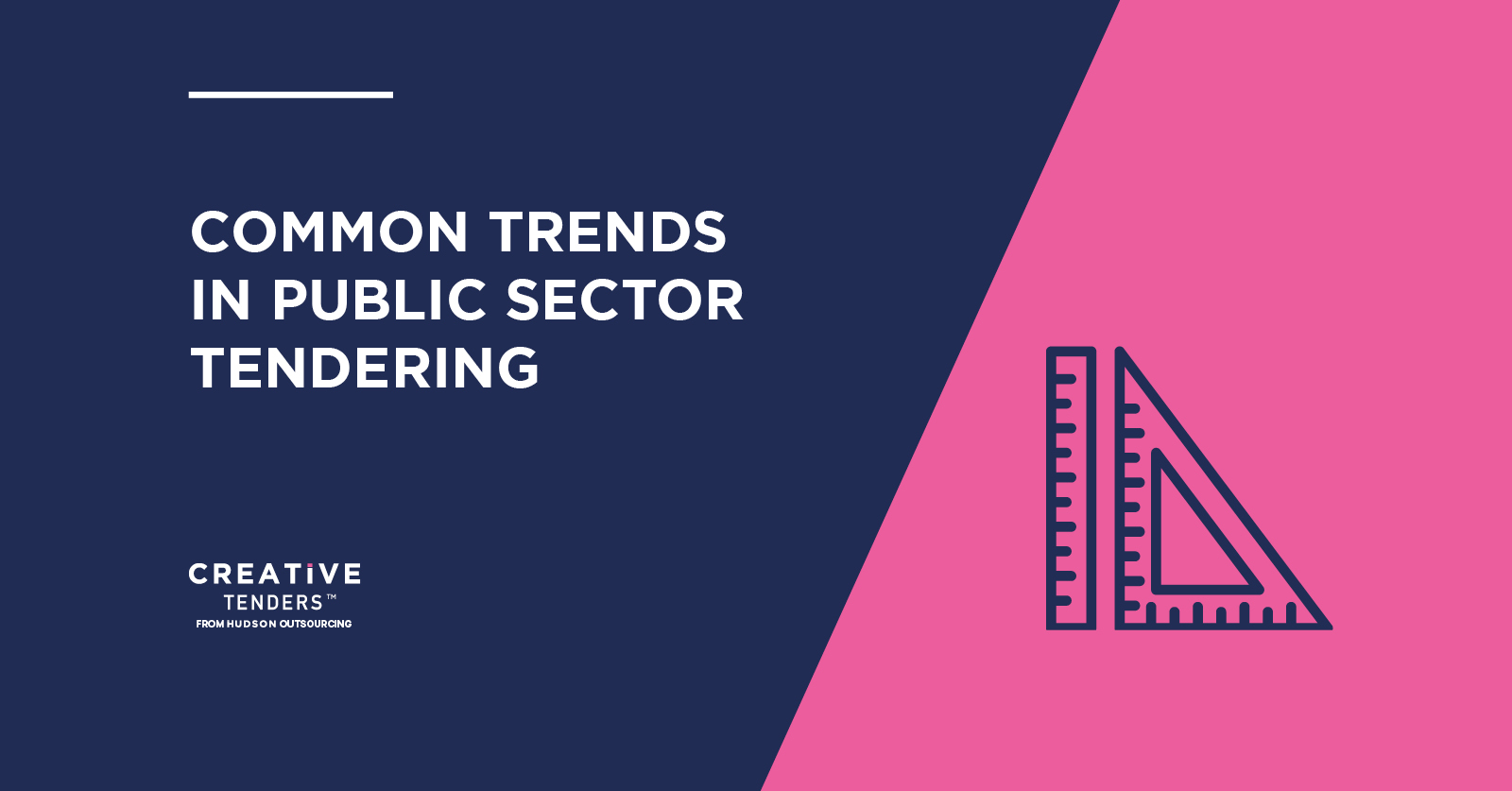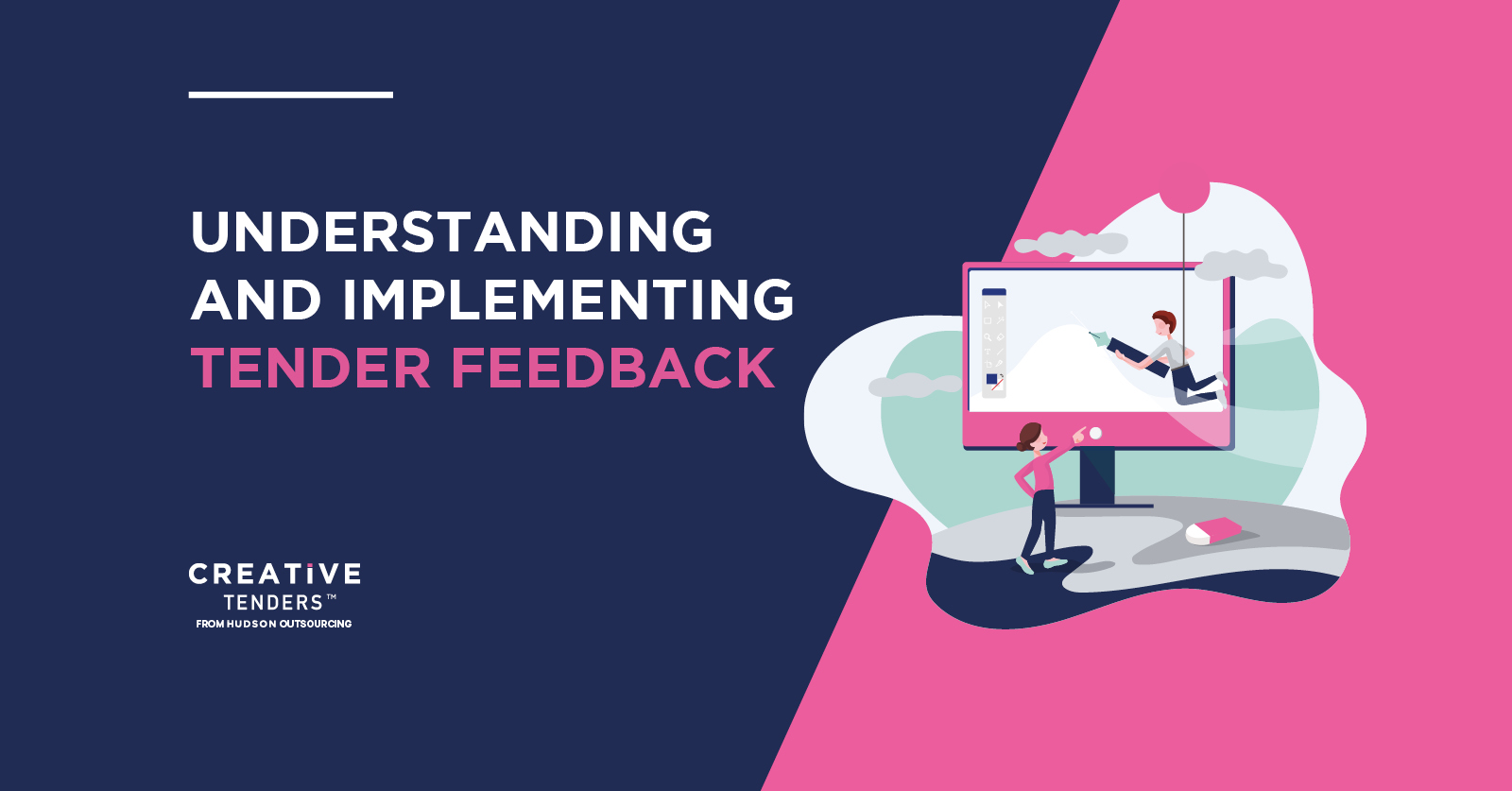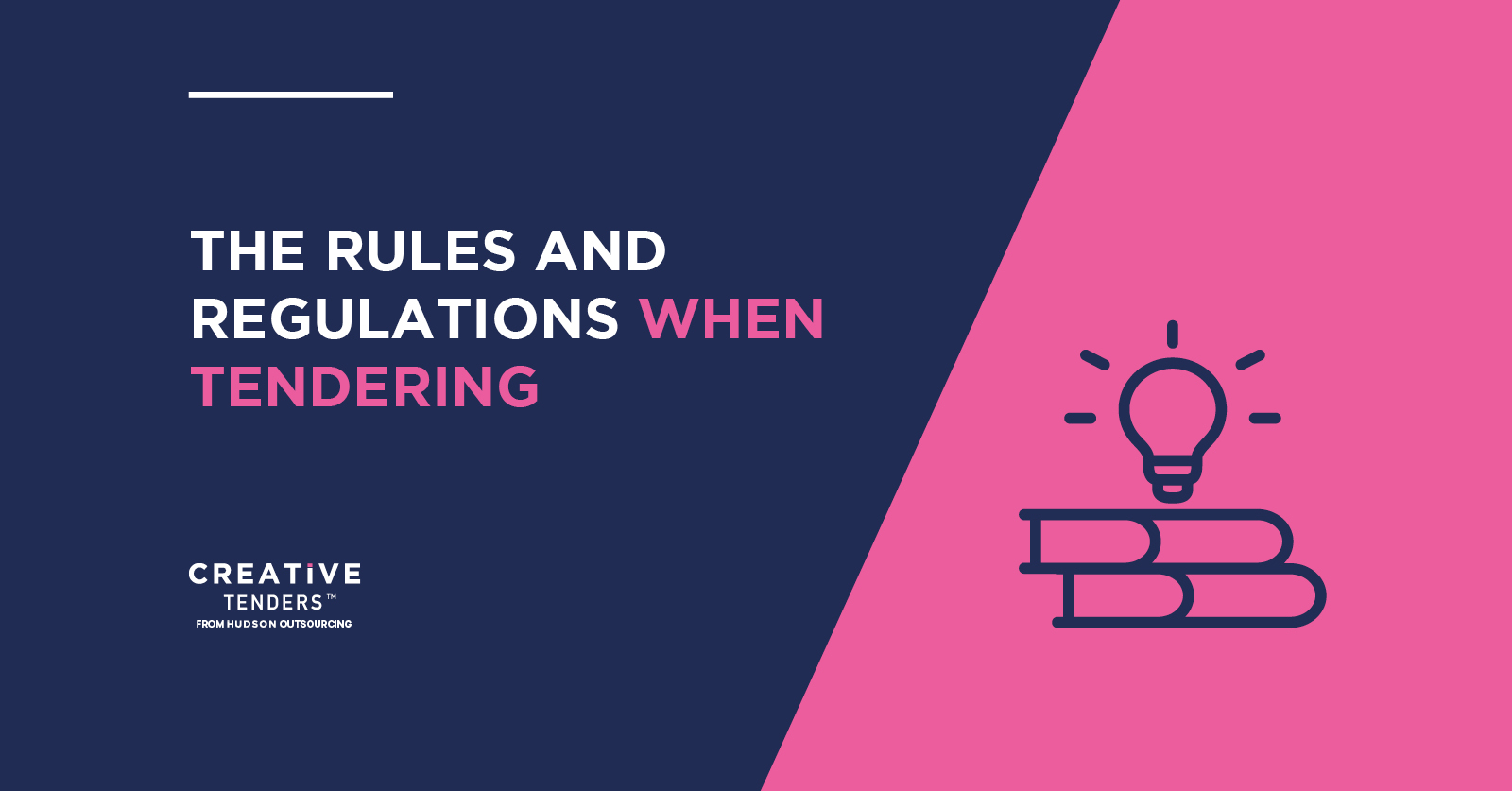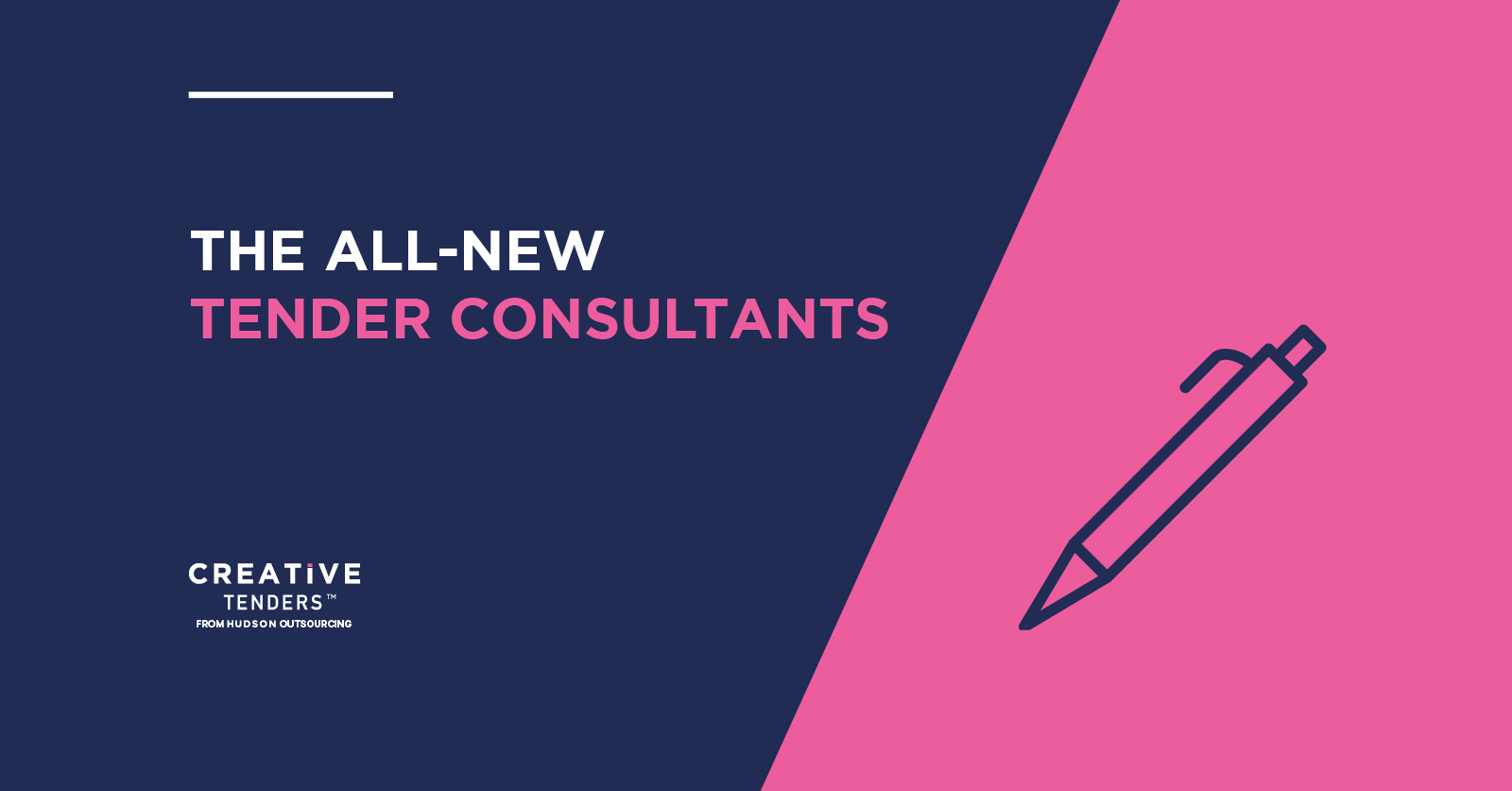TENDERS & BUYER PRESENTATIONS – TOP 3 BENEFITS OF ATTENDING A SITE VISIT
It’s an obvious analogy: The bigger tenders are – the more effort that is required from both the supplier and buyer!
We’ve been to hundreds of site visits and buyer presentations to know that this is a crucial part of tenders and how they are developed.
Buyer presentations are delivered usually halfway through the Tender exercise and they provide all tenderers/suppliers the opportunity to get to know the buyer’s environment and culture, as well as a more detailed outlook on the requirements at hand.
This is usually for large-scale public-sector contracts.
The buyer invites all suppliers to a site visit, which may include a group tour or a group presentation. This is to provide suppliers with a better opportunity to comprehend what’s expected of them during delivery and with developing their tender response.
We’ve provided our top 3 benefits in attending a buyer presentation/site visit.
- To comprehend – sometimes it takes more than a specification document to truly understand what’s expected – especially in a large, multi-million-pound contract that spans multiple regions. As you can expect, with undergoing these types of visits, online clarification questions are often decreased as all aspects will be clarified on the day. Yes – the buyer should make this public to all tenderers, but we’ve found that you’ll tend to grasp more out of the day rather than on a paper-reflected document. Whole conversations aren’t recorded and provided, so there will always be something (possibly crucial) that may be missed on paper, but clear on the day.
♦
- To introduce yourself – by getting your face in front of the buyer[s] – this not only introduces yourself to them but if you display strong professionalism, knowledge and decorum – this will also stick in their minds. If you send your administrator on the day who’s clueless about your operations – and this is clearly projected – the buyer will consider your organisation less committed to the project and you don’t want to be remembered for that. Choose your most knowledgeable staff to attend who you know will act professionally and come back with a steered view of how better to develop your tender response and leave a lasting impression on the buyer.
♦
- To stay ahead of your competitors – now we aren’t one for shaming our competitors – no matter how subtle. However, if you attend grouped discussions you’ll see exactly who your competition is. This provides in many ways a more competitive Tender process as you should be trying to enhance your response based on advantages over your counterparts. For example: If Company X is present and they deliver a certain way – you can always state how your delivery model provides much more added value to the buyer. Don’t go naming and shaming in your response – keep it classy and always have the buyer’s needs in mind!
♦
These are just some of the things that make attendance at a site visit crucial when developing your tender response.
If you require any support at all with the development of your tenders – please get in touch with our Tender Consultants who’ll be happy to assist you in your efforts.




















